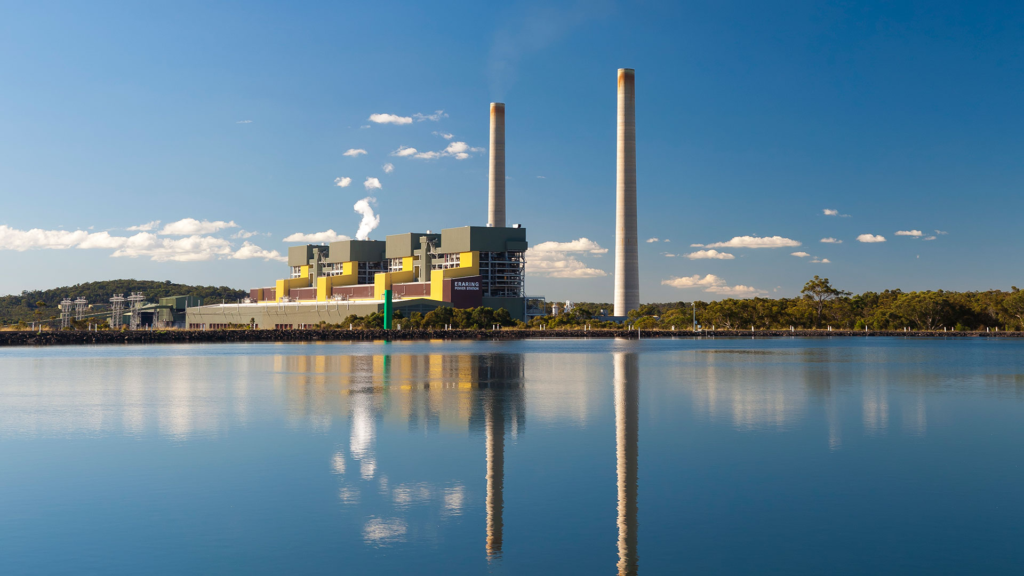
3 major influences on the national energy market
Atlassian founder and tech billionaire Mike Cannon-Brookes often makes the news for his eye-watering wealth and the huge number of successful start-ups he’s funded. But in February, he hit the headlines for a totally different reason, when he made a surprise $8bn bid to take over AGL Energy.
It wasn’t a solo mission: Cannon-Brookes joined forces with Canadian asset management company Brookfield to form Grok Ventures, in an effort to broker the deal. The extraordinary takeover bid was ultimately rejected by the energy giant, who claimed the bid “materially undervalued the company” and said a premium of at least 30% on its share price would be needed for the bid to potentially succeed.
For those wondering why Cannon-Brookes is suddenly keen to get involved in the energy sector, it’s all about the environment. Grok aims to bring forward AGL’s exit from coal-fired power by 2030. If successful, the new owners would also halt a planned demerger that would see the company’s fossil fuel assets broken off into a separate entity, Accel Energy.
That’s not the only major event playing out across the national electricity market as 2022 progresses. Origin Energy also made a major announcement in February, sharing that they have brought forward plans to close their coal-fired power plant – Australia’s largest one – seven years early.

Origin Energy confirmed that it aims to retire Eraring Power Station, north of Sydney in the Hunter region, in 2025. Previously, it had set a retirement target of 2032. The company intends to repurpose the Eraring site to install large-scale battery storage of up to 700 megawatts on the site, in alignment with their move into renewable energy.
Around 230 employees and 200 contractors will be impacted by the closure, with Origin to consult with employees and unions about redeployment and retraining opportunities. While this move aligns with the growth in renewable energy as the cheapest form of electricity generation right now, without clear government policy and oversight, we’re at risk of future closures that could have significant impacts on electricity prices, and on regional economies that depend on coal.
Lastly, with Putin’s invasion into the Ukraine in late February, it remains unclear just how much of a trickle down impact the Russia-Ukraine war will have on the global economy and energy markets.
The conflict has already caused stock market turmoil and has sent oil prices higher, despite the International Energy Agency’s members’ decision to release 60 million barrels of oil from emergency stockpiles. Normally, this flood of supply would help to slow price growth, but this time, it didn’t stop Brent crude (the international benchmark for oil prices) from hitting record highs.
With the potential for ongoing shortages of oil from Russia and greater uncertainty ahead, there are many moving parts that could impact supply and energy prices globally in the months ahead.
Get ahead of potential price changes by locking in a competitive energy contract for your business today.
